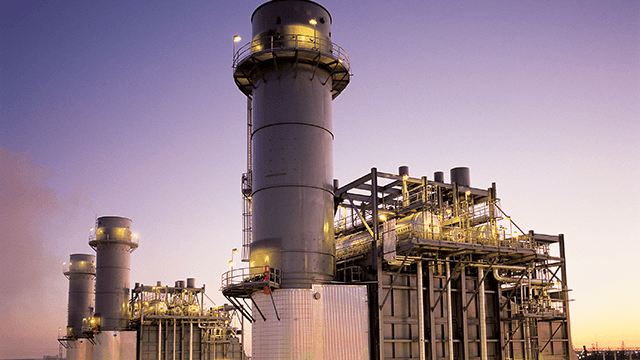Presentation
Essential CIP Technology for Decarbonising
Globally and in Australia, companies set increasingly ambitious sustainability targets. But without optimising Cleaning in Process technologies first, meeting these targets can be an uphill battle, not to mention misguiding investment decisions with implications for years to come. Learn from global fluid handling market leader provider Alfa Laval, together with Schneider Electric, where to find the hidden decarbonisation killers in your process line. You will also see customer case studies that illustrate how small changes can make a big difference in energy productivity.
Meet the expert
Jarrod Leak
Cluster President, Alfa Laval Oceania and South East Asia
As Cluster President for the region, Jarrod is an experienced business leader with a passion for working with people to deliver solutions that help industry be more environmentally sustainable and more profitable.
Jarrod has been in senior leadership roles at Alfa Laval in the region since 2010, building on a successful sales career as division manager within the company. He holds a degree in Chemical Engineering and a B.Comms from the University of Sydney.
The third wave of decarbonization
According to an ARENA report on process heating, industry in Australia accounts for 44% of the nation’s energy usage, with 52% of that spent in process heating. Alfa Laval Oceania's Jarrod Leak argues that we need nothing short of an industrial revolution if we want to combat climate change and reduce emissions.

The importance of CIP optimization in beverage processing
The biggest benefit of optimizing your CIP process is that you will spend less time cleaning your system, which means you can produce more beverage. But there are other benefits to optimizing your CIP such as using less water. A soft drink production with an optimized CIP system should not use more than two litres of water to produce one litre of beverage.

Our commitment to sustainability
The United Nations has adopted 17 Sustainable Development Goals for 2030, known as Global Goals, that world leaders have pledged to achieve. Cross-sector collaboration between civil society, academia and the business community is key to achieve these goals. Alfa Laval’s business strongly contributes to the achievement of 15 of these Global Goals.

